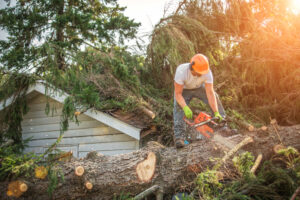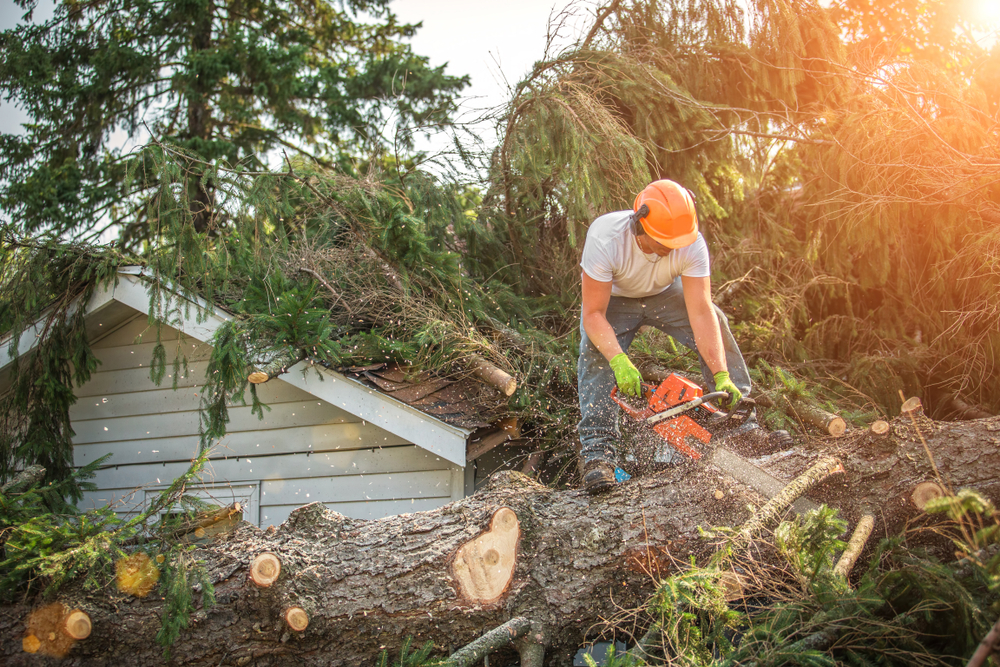BLOG
The Jungle Den Villas condominium association board of directors thought they had followed all of the proper procedures when they paid a landscaping company to cut down a large laurel oak tree. The Astor, Florida, community’s directors had found the decaying tree to be dangerous; it was dropping limbs on the dock and its roots were damaging the seawall.
The company the association hired agreed and, according to the board president, its owner assured him a permit would not be necessary with its arborist’s report. Unfortunately, that proved not to be the case, and the Volusia County Department of Growth and Resource Management issued the community with a violation notice indicating it could face more than $20,000 in replacement costs. The association would either be required to plant more trees or pay up.
 In a subsequent report on the matter in the Daytona Beach News-Journal, the landscaping company’s owner explains that an arborist’s assessment before removing such a tree is usually sufficient for residential properties, but he denies saying a permit was not necessary. He noted that the customer is responsible for permitting, which is indicated in its written agreement with the association.
In a subsequent report on the matter in the Daytona Beach News-Journal, the landscaping company’s owner explains that an arborist’s assessment before removing such a tree is usually sufficient for residential properties, but he denies saying a permit was not necessary. He noted that the customer is responsible for permitting, which is indicated in its written agreement with the association.
In Volusia County and most Florida municipalities, multi-family condominium developments are not exempt from local tree-permitting requirements, which are aimed at mitigating the impact of tree removals. They typically require permits for tree removals that are contingent upon payments combined with the planting of new trees on the property, and noncompliance comes with potentially significant code enforcement actions.
In this case, based on the size of 55-inch diameter oak tree, the total replacement price if no trees are planted by the community comes to more than $20,000. The association responded by obtaining an after-the-fact permit for the tree removal, and it is now working with the county on planting replacement trees.
The lesson here for Florida community associations and their directors and property managers is to always err on the side of caution when it comes to any tree removals. Property owners will be held responsible for any required municipal permits regardless of any assurances from landscapers, which will usually be shielded from potential legal liabilities by their written customer agreements. Calls and consultations with both tree-permitting municipal officials and private landscapers should always be the order the day prior to the whirring of any chainsaws.
Click here to read the complete article in the newspaper’s website.
Our firm’s South Florida community association attorneys write about important matters for associations in this blog, and we encourage association directors, members and property managers to enter their email address in the subscription box on the right to automatically receive all our future articles.

